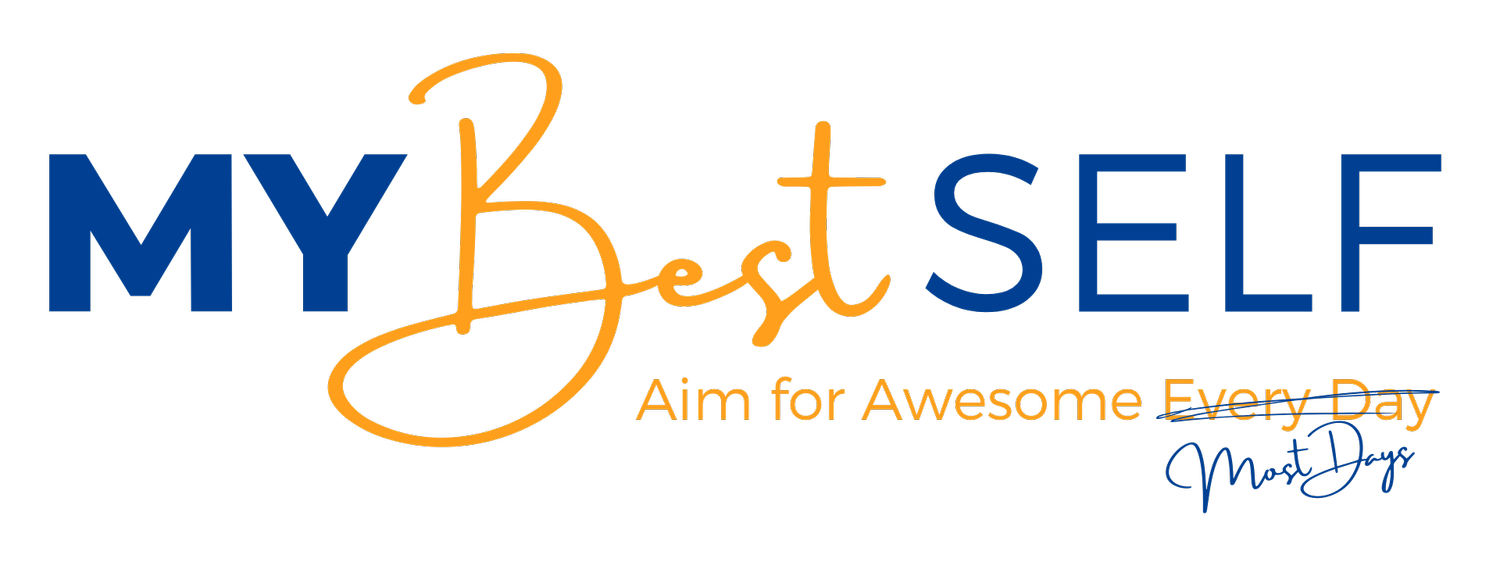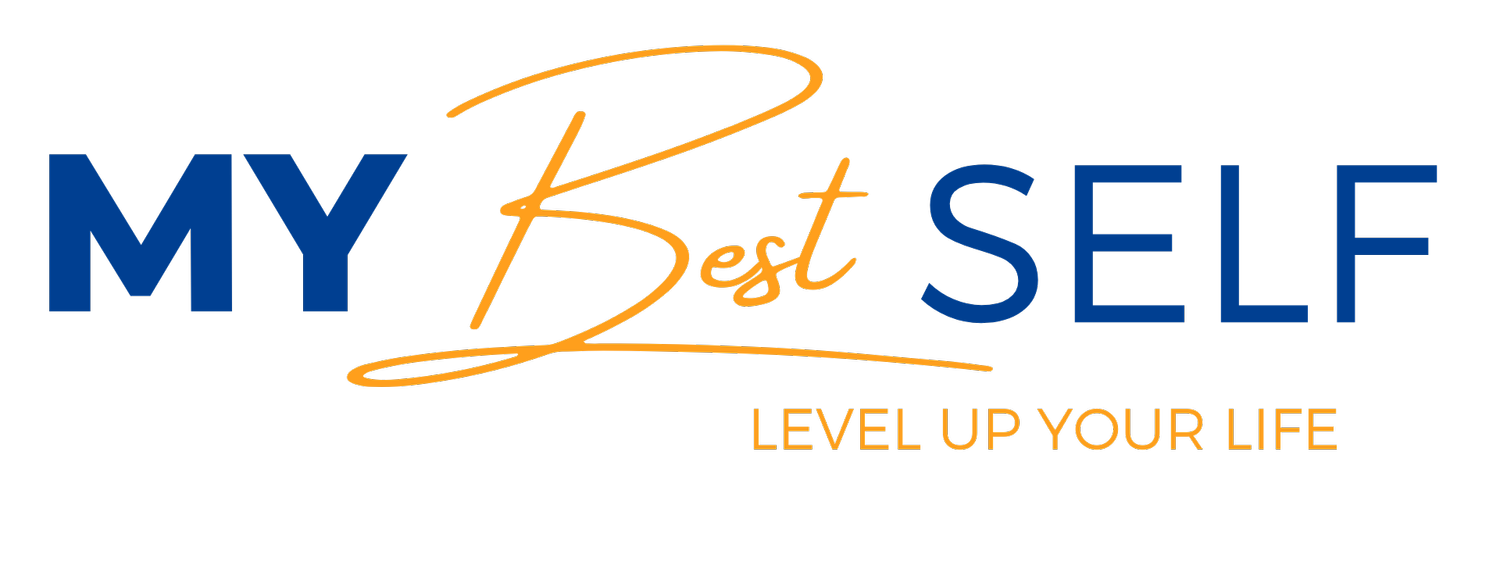Unmasking ADHD
What You Need to Know and Why It Matters
Living a healthier, more balanced life often means gaining a better understanding of the challenges we or our loved ones face. One topic that's becoming increasingly important in personal development and wellness conversations is ADHD (Attention-Deficit/Hyperactivity Disorder). Whether you're seeking clarity for yourself or supporting someone you care about, learning more about ADHD can open doors to greater self-awareness and growth.
Understanding ADHD
ADHD is more than just difficulty focusing—it’s a complex condition that affects how people manage tasks, emotions, and relationships. While most of us recognize the terms ADHD and ADD, the distinction between them can be confusing. In truth, there’s no difference between ADHD and ADD today; they are now considered part of the same spectrum. ADHD covers inattentive, hyperactive, and combined types, with symptoms ranging from disorganization and forgetfulness to impulsivity and emotional dysregulation.
Recognizing Symptoms Beyond the Obvious
It’s easy to think of ADHD as simply being overly energetic or distracted, but there’s a lot more beneath the surface. Emotional struggles like Rejection Sensitivity Dysphoria (RSD) and difficulties with executive function (like organizing, planning, or completing tasks) can go unnoticed. Hyperfocus, a common ADHD trait, is often misunderstood as a form of intense distraction when in reality, it’s the brain locking onto something with extreme focus—sometimes for hours.
The Unique Struggles Women Face with ADHD
ADHD is often overlooked in women and girls. While boys might express hyperactivity outwardly, girls tend to internalize their symptoms, which means ADHD in women is frequently diagnosed much later—sometimes only in adulthood during major life transitions like motherhood or menopause. During menopause, fluctuating hormone levels can intensify ADHD symptoms, making it harder for women to cope with everyday challenges.
Debunking Common ADHD Myths
Despite growing awareness, many misconceptions about ADHD persist. Here are a few myths that need busting:
Myth: People with ADHD can’t focus.
Truth: Individuals with ADHD can experience hyperfocus, often immersing themselves in activities they find exciting or stimulating.
Myth: ADHD is the result of poor parenting.
Truth: ADHD is primarily genetic and is not caused by the way a child is raised.
Myth: ADHD medications are addictive.
Truth: Properly prescribed stimulant medications can actually reduce the likelihood of substance abuse in people with ADHD.
Executive Dysfunction: The Hidden Battle
One of the most challenging aspects of ADHD is its impact on executive function—the set of skills that help us plan, organize, and complete tasks. People with ADHD often struggle with time management, prioritization, and self-control, making it difficult to meet daily responsibilities. These issues can be frustrating and unpredictable, but they are also manageable with the right strategies and support.
Executive dysfunction, a key characteristic of ADHD, affects how we act on what we know. There are 8 areas of executive function—each person with ADHD can experience a unique mix of challenges, making every case different.
Embracing ADHD’s Superpowers
At MyBestSelf, we believe in focusing on strengths. ADHD, when properly understood and supported, can be a source of incredible creativity, innovation, and problem-solving. People with ADHD often see the world differently, which can be an advantage in the right environment. Whether you're living with ADHD or supporting someone who is, it's essential to recognize the unique gifts this condition can offer.
Take the Next Step: Continue the Conversation
Understanding ADHD can be a powerful tool in your journey toward personal development and wellness. If you're ready to dive deeper and explore practical tips for living your healthiest, most authentic life, don’t miss out! Check out the podcast episode on this topic at SoFrickinHealthy.com, where we discuss ADHD with expert insights and actionable advice.
Be sure to subscribe for more empowering content to help you live your best life every day.


